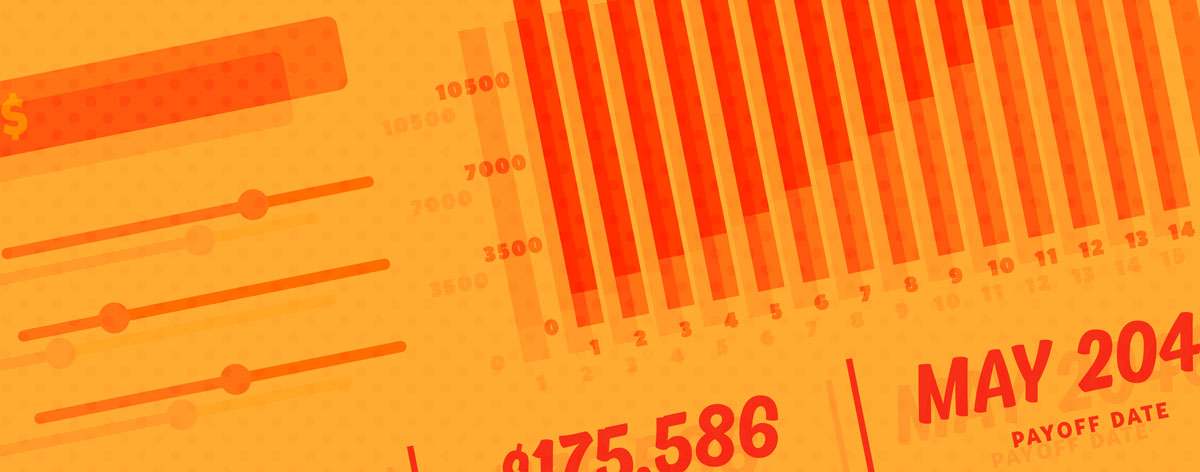

Financial Wellness Assessment Data Usage and Methodology Statement
Try out the Financial Wellness Assessment now!
How We Use Your Information
We recognize the great importance of keeping your personal data private and secure. By using Banzai, you demonstrate a trust in us that we are determined to never violate in any way.
The information collected as part of the Financial Wellness Assessment is primarily used to build your financial wellness score and suggest areas for improvement. It may also be used to deliver other services and, if applicable, the products associated with your use of Banzai.
Your score and responses may be used to personalize your experience within the Financial Wellness Assessment and across the Banzai site. Some recommendations may be connected to a partner bank or credit union. These recommendations are intended solely to support your financial well-being, and you may accept or decline them at your discretion.
You are accessing the Financial Wellness Assessment through our partnership with your sponsor. Accordingly, we may share information collected during your use of this assessment, including personally identifiable information, with your sponsor for analysis and marketing purposes. Similarly, Banzai may share user data with non-affiliated third parties in the form of aggregated reports and/or anonymized individual data. Such data may be used for compliance, reporting, product development, or marketing purposes.
To read Banzai's full Privacy and Security Policy, please visit help.banzai.org/article/57-privacy-policy. Send any questions to privacy@banzai.org.
Methodology
The Financial Wellness Assessment evaluates seven categories:
- Spending & Budgeting
- Debt & Credit
- Retirement
- Saving
- Insurance
- Financial Security
- Emotion
The questions and categories align with Banzai’s core curriculum values. Chief among those are to give every dollar a purpose and prepare for the unexpected.
Why is a Financial Wellness Assessment helpful?
The goal of the Financial Wellness Assessment is to give users an objective view of their finances while suggesting areas of improvement. There’s no shortage of advice from experts and novices alike about what people “should” do with their money, but one-size-fits-all approaches are often overwhelming and unhelpful. The Financial Wellness Assessment takes the guesswork and bias out of financial planning by customizing recommendations and scoring to the user’s unique situation. Users get an objective assessment based on tried and true principles focused on their financial health, comfort, and stability. Once a user knows where they stand, the assessment suggests where they can improve and makes a plan to get there.
There are also a lot of emotions tied up in money, including fear, doubt, and anxiety. The Financial Wellness Assessment is designed to help users in all situations approach their finances without shame. Everyone has something they can do to improve, and the Financial Wellness Assessment can build confidence by reinforcing to users what they’re doing well and helping them find the most effective ways to boost their situation. It is designed to be kind, encouraging, and hopeful, not just a list of harsh to-dos and needed adjustments.
How is the Financial Wellness Assessment scored?
Answers in the Financial Wellness Assessment are translated to a score using a point system with 100 total possible points. While all the questions and categories play an important role in overall financial health, answers are weighted according to their potential for negative or positive impacts and in context of the user’s age, family situation, and other important factors. For example: Retirement preparation is always important, but it’s weighted higher for a person nearing retirement age than it is for someone who just graduated from high school.
The points available in each category fall into two sections: Actions and Knowledge. The Actions category assesses what someone is or isn’t doing and where things can be improved. The Knowledge category measures a user’s familiarity with and understanding of key aspects of a topic. To be truly financially well, you need to take appropriate actions and understand why those are helpful to you.
How do the results work?
At the end of the assessment, a user’s overall financial wellness score is categorized into six progressive stages:
- Needs Improvement: This suggests you have multiple areas requiring attention and development.
- Getting Started: Some initial steps have been taken, but there's still room to grow.
- Developing: You've established a strong foundation, but need to continue building on it.
- Established: Implies a comfortable and stable financial situation with good habits.
- Flourishing: A high level of financial well-being with opportunities for growth and security.
- Thriving: The highest level of financial well-being, with a history of positive decisions and an excellent outlook.
Beyond that, each user will get a score out of 100 for each of the seven categories that make up their overall score.
The true power of the Financial Wellness Assessment, though, lies in its personalized "Next Steps" methodology. Based on a user’s specific responses and the corresponding "Levels," the assessment generates tailored recommendations designed to guide users towards better financial health. These recommendations are practical, actionable, and come with a wealth of supporting resources.
By providing these categorized recommendations and a clear understanding of a user’s overall financial stage, the Financial Wellness Assessment empowers users to prioritize their efforts and leverage Banzai’s extensive library of resources, all designed to help users achieve financial freedom.
Neither Banzai nor its sponsoring partners make any warranties or representations as to the accuracy, applicability, completeness, or suitability for any particular purpose of the information contained herein. Banzai and its sponsoring partners expressly disclaim any liability arising from the use or misuse of these materials and, by visiting this site, you agree to release Banzai and its sponsoring partners from any such liability. Do not rely upon the information provided in this content when making decisions regarding financial or legal matters without first consulting with a qualified, licensed professional.

